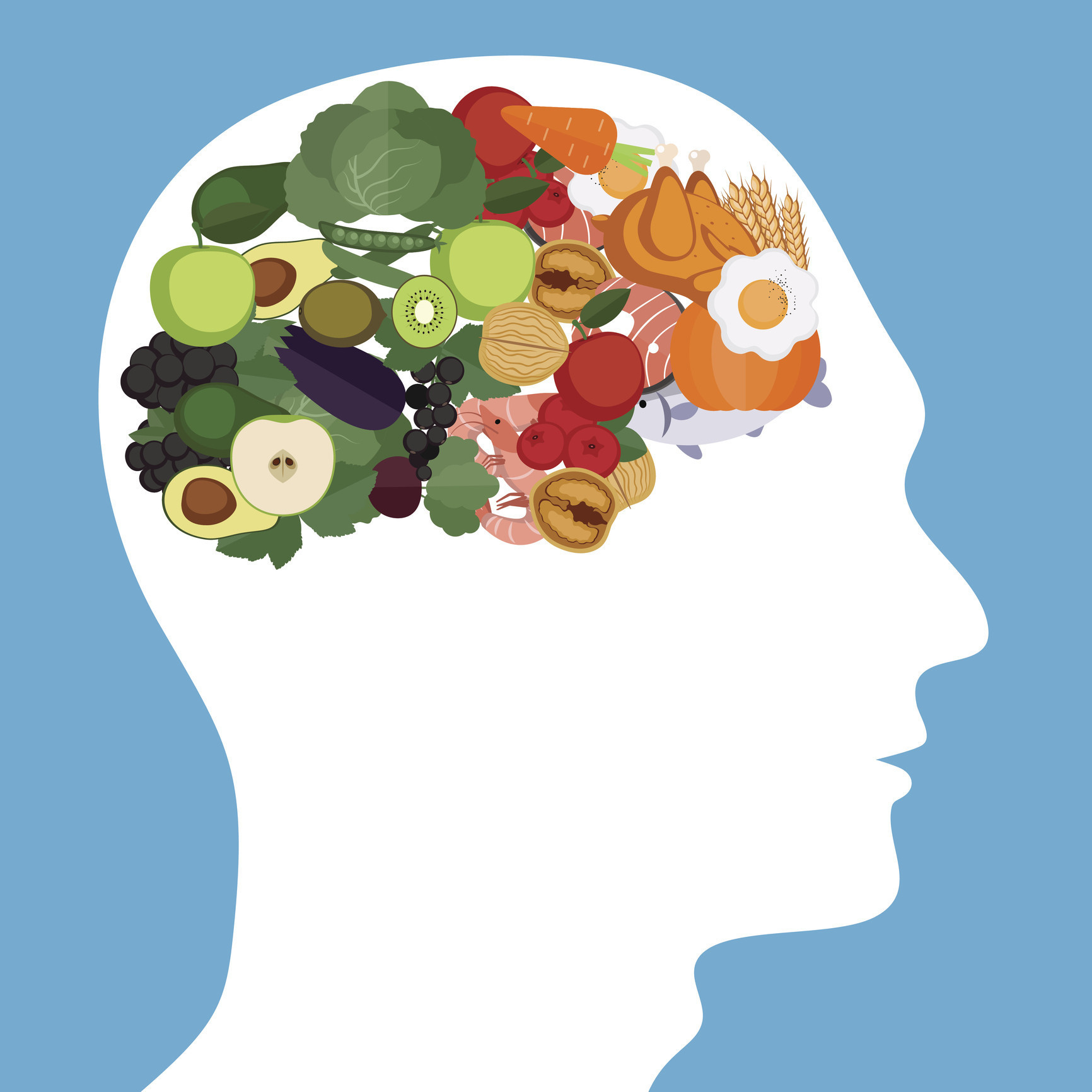Since the beginning, the gut microbiome has become a buzzword in the world of health, and with good reason: it is a key factor in regulating our immune system and improving digestive health, and even influencing the way we feel and our cognitive performance. Now, new research is shedding light on how antioxidants–already known for their anti-inflammatory and anti-aging benefits–could be the key to maintaining a healthy and balanced gut microbiome.
A recent study published in The Journal of Functional Foods highlights the importance of antioxidants in food to help build a strong and diverse microbiota. The study, which examined what antioxidants do to the human body, such as carotenoids as well as polyphenols, highlights their ability to decrease the effects of oxidative stress and fight the microbial dysbiosis condition, which is associated with a myriad of illnesses, ranging from IBS to obesity.
For those who are health-conscious, it implies that increasing the consumption of foods that are rich in antioxidants could boost not only the health of your gut, but also overall health. This article will explore the most recent research findings and provide practical tips on how to enhance your microbiome today.
Recognizing how important antioxidants are for gut health
Antioxidants, which are a broad group of substances that neutralize the harmful effects of free radicals, have been lauded for a long time for their capability to fight against the effects of oxidative stress. However, their role in the gut is more vital. According to the study, long-term exposure to reactive oxygen species (ROS) could trigger the condition known as microbial dysbiosis. It is an imbalance between harmful and beneficial bacteria in the gut.
This imbalance can cause the development of a series of health issues, such as gastrointestinal disorders, metabolic issues, and inflammation. Through the elimination of toxic radicals, antioxidants can help maintain the health of the gut’s microbiome, making sure that the gut is a healthy environment where healthy bacteria flourish.
Gut microbiota and antioxidants: The gut microbiota: A mutually beneficial relationship
The symbiosis that occurs between the gut microbes and antioxidants is a fascinating field of research. Researchers have discovered that certain antioxidants in food, such as polyphenols and carotenoids, are able to aid in maintaining a healthy microbiome through increasing the diversity of microbial communities and decreasing unhealthy populations of harmful microbes. These antioxidants also promote the creation of short-chain fats (SCFAs) that are crucial for protecting the barrier of your gut as well as assisting in maintaining gut health.
- Carotenoids such as beta-carotene, Lycopene, and Lutein are especially beneficial, with research showing they may help reduce inflammation and promote the development of beneficial bacteria.
- Polyphenols: These chemicals are abundant in food items such as green tea and berries, and have been found to improve the integrity of the gut barrier and boost the creation of SCFAs, which are vital for maintaining a healthy digestive environment.
The most crucial dietary sources of antioxidants
The incorporation of antioxidants into your food regimen is a lot simpler than you’d believe. The study suggests an “rainbow approach” to eating that focuses specifically on vibrant hues found in both vegetables and fruits. Each color represents a distinct kind of antioxidant, providing many benefits to the health of your gut. Furthermore, supplements for your diet which isolate powerful antioxidants like zinc, vitamin C, and turmeric are beneficial to increase your intake, particularly following a period of poor digestive health, for instance, taking antibiotics, or after a treat with sweets.
Top antioxidant-rich foods:
- Berries: The blueberries, strawberries, and raspberries are loaded with polyphenols.
- Leafy greens like spinach: broccoli, and kale provide the highest levels of beta-carotene, vitamin C, and vitamin K.
- Citrus fruits such as oranges: grapefruits, lemons, and limes are excellent sources of vitamin C.
- The nuts and seeds of almonds: sunflower seeds, and walnuts contain selenium and vitamin E.
- Green tea is one of the most potent sources of antioxidants, such as EGCG.
Nutritional and dietary techniques to enhance the gut microbiota
Alongside antioxidants, many other diet strategies will improve your gut microbiome. The inclusion of both prebiotic and probiotic foods in your daily routine is essential. Probiotic-rich food items like sauerkraut, yogurt, and kefir bring beneficial bacteria into the digestive system. Meanwhile, fruits and vegetables that are prebiotic, like bananas, artichokes, onions, and other vegetables, nourish these beneficial microbes and aid in their growth. The high-fiber content of legumes, as well as sweet potatoes and berries, is also a great source of microbial diversity, which is vital to maintaining the health of your microbiome.
Steer clear of gut disruptors
It’s not only essential to introduce healthy foods, but it’s also important to stay away from the gut-disruptors. Stress, sleep deprivation, smoking, and excessive consumption of sugar can all affect microbiome health. If you reduce your intake of those “gut disruptors” and incorporate many antioxidant-rich and fiber-rich foods, you will create a favorable environment for bacteria to thrive.
In what way does this now matter?
The connection between gut microbiome and general health has been the focus of a lot of research; however, the importance that antioxidants play in the process is often overlooked. As our knowledge of the microbiome grows, the significance of antioxidants in sustaining the health of our guts is becoming more apparent. Recent studies suggest that focusing on antioxidant-rich food and supplements can help support our microbiome and reduce the risk of many diseases, and enhance the overall quality of our lives.
The state of your digestive system and your use of antioxidants
As we get deeper into the intricate connection between antioxidants and the microbiome of the gut, one thing becomes evident: a healthy microbiome is the foundation of good health. When we make small, steady changes to our lifestyle and diet, we can benefit from the power of antioxidants to help support a healthy and flourishing microbiome. It doesn’t matter if it’s through a vibrant and colorful diet or targeted supplements for an improved gut and a better lifestyle is at hand. Take advantage of your rainbow salad. Your stomach will be grateful.

